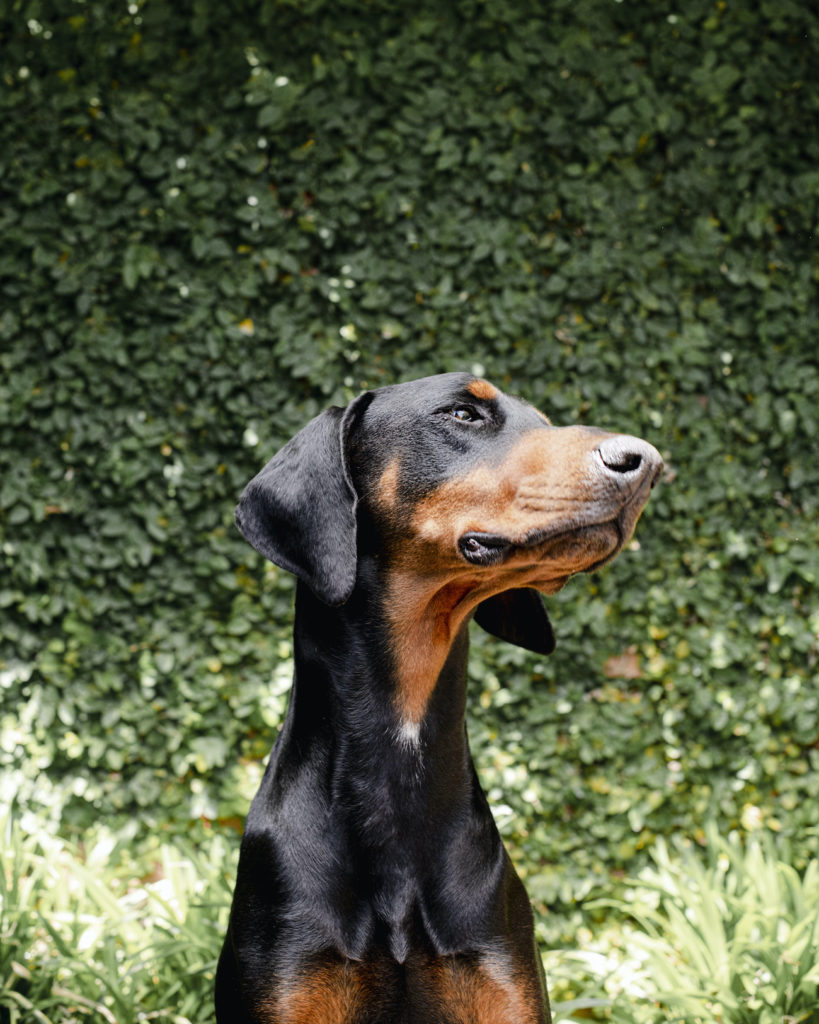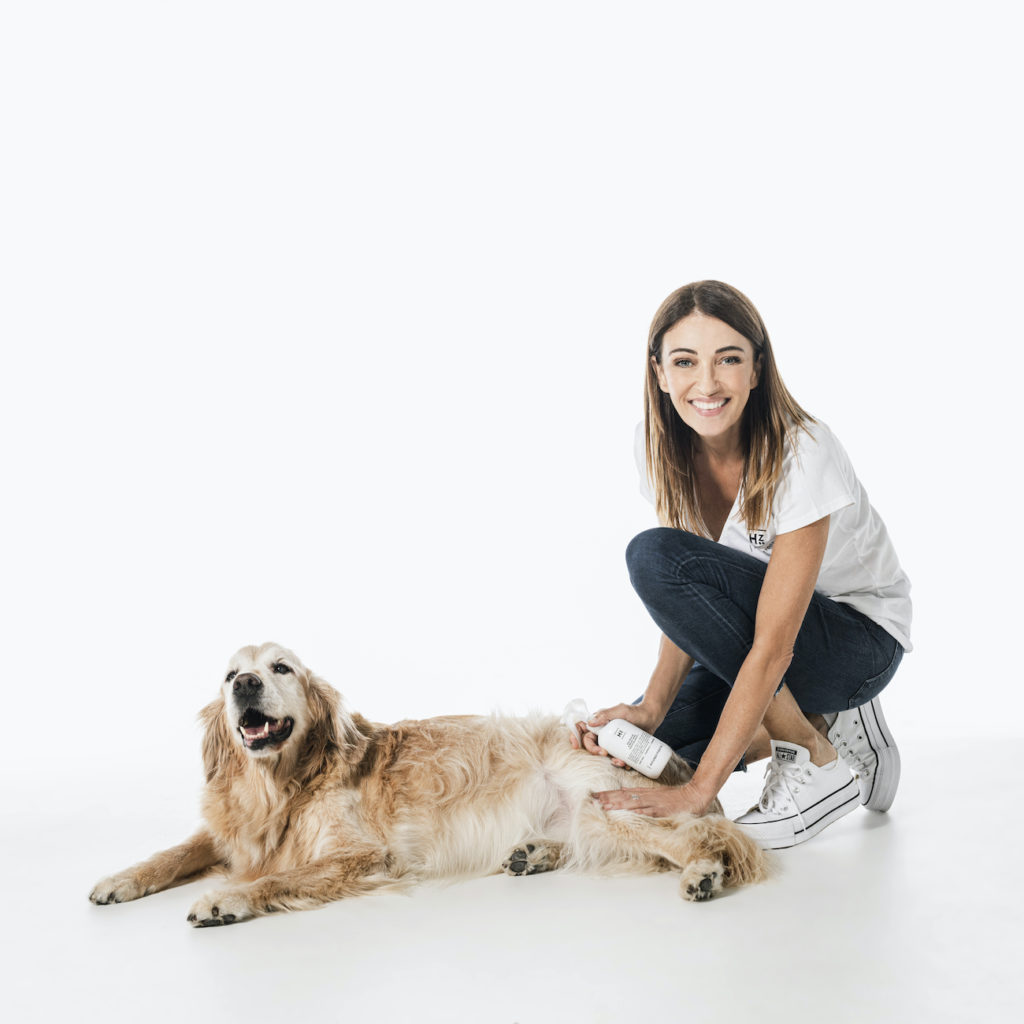Springtime Tips For Dogs With Itchy Skin

Spring brings with it new life, warmer weather, fresh leaves on the trees and beautiful blooming flowers, as well as more daylight hours to spend outside with your pup.
While we cherish the new blooms that come with spring, it’s important to remember the seasonal allergies that follow – allergies that may cause your pup to experience itchy skin.
Seasonal allergies in spring
Many people experience allergies during spring, whether it be hayfever and asthma due to excess pollen in the air, or a rash on the skin caused by long grass.
Dogs can experience seasonal allergies in much the same way as we do. However, their main reaction tends to be itchy and irritated skin.
Common places for dogs to experience these allergic reactions include the ears, paws, belly and armpits, although their itchiness isn’t necessarily limited to these areas.
Signs to look out for
Here are some signs to look out for if you think your dog might be suffering from seasonal allergies:
- Constant itching
- Red skin
- Licking and chewing paws
- Runny nose
- Watery eyes
- Bad odour coming from the ears or skin
- Discharge from the ears
- Hair loss in patches
- Small lumps or scabs forming on the skin
- Constant scratching that leads to raw and bleeding skin
If your dog is having a severe allergic reaction, we recommend taking them to the vet for professional advice on how best to manage their allergy.
Natural ways to treat allergy symptoms
- Bathe your dog regularly with a natural, low-irritant dog shampoo to wash away allergens from their skin.
- Rinse and wash their paws with clean water and a natural shampoo after being outside
- Use a natural topical spray to help soothe and relieve their itchy skin.
- Wash their bedding regularly.
- Keep areas where they like to sleep clean (e.g. carpets, rugs, owner’s bed, couch).
- Maintain a healthy diet to keep their immune system strong.
For more tips on managing your pup’s itchy skin, check out our guide from Dr. Katrina.
Ditch the itch this spring with naturally-derived products

We have a number of natural shampoos and topicals, as well as hemp seed oil, that may help your pup’s springtime or seasonal scratches.
Stella’s Blend No.2
Created in honour of all of the itchy-skinned dogs out there, Stella’s Blend No.2 Shampoo and Conditioning Spray is specifically formulated with Manuka honey extract and goat milk to help wash away topical allergens and cleanse your dog’s skin and coat.
Coco’s Blend No.4
After years of experience caring for pups with itchy skin, we wanted to find a natural alternative to help ease their discomfort.

Coco’s Blend No.4 Rescue & Relief Spray was our solution. Made with aloe vera, tea tree, calendula and chamomile, this calming, naturally-derived topical spray is applied directly to your dog’s skin to help affected areas.
Spring into the season with Houndztooth
Seasonal allergies in dogs are common, which is why we formulated a range of naturally-derived products dedicated to targeting their itchiness.
Please note that if your dog is suffering from severe itchiness or other allergy-related symptoms, we recommend visiting your local vet for advice on allergy management.
